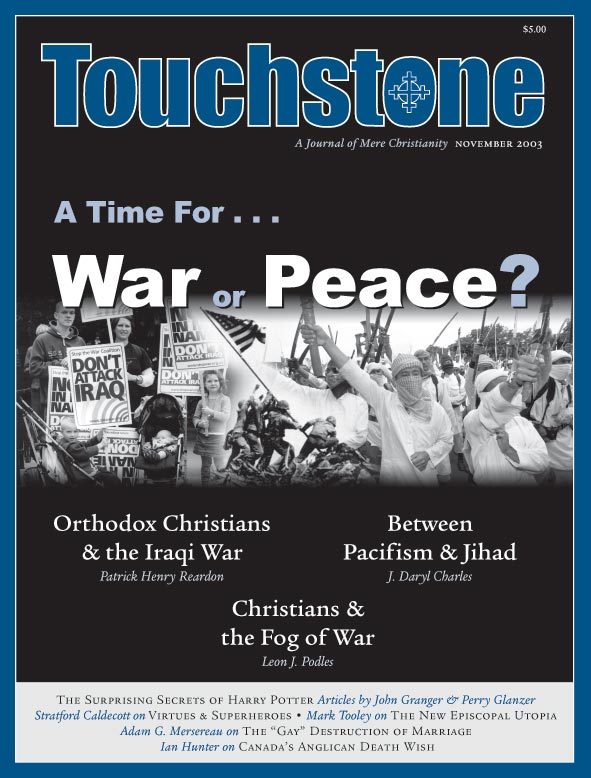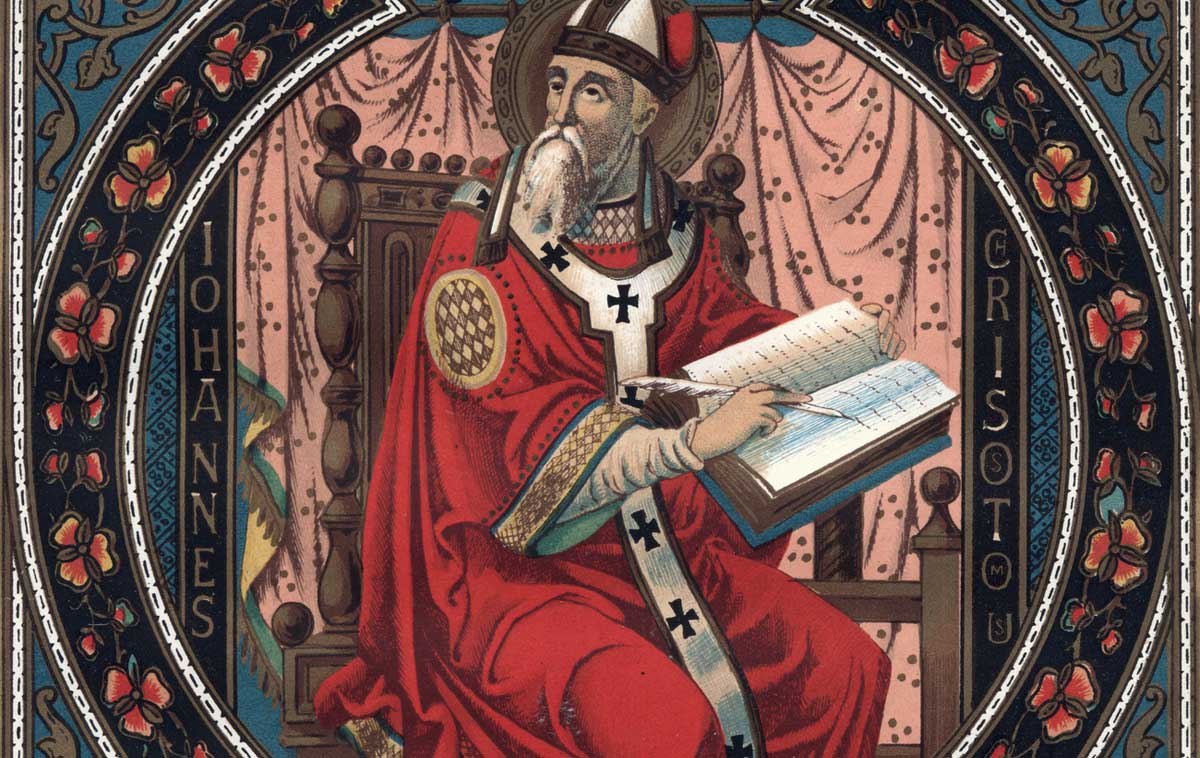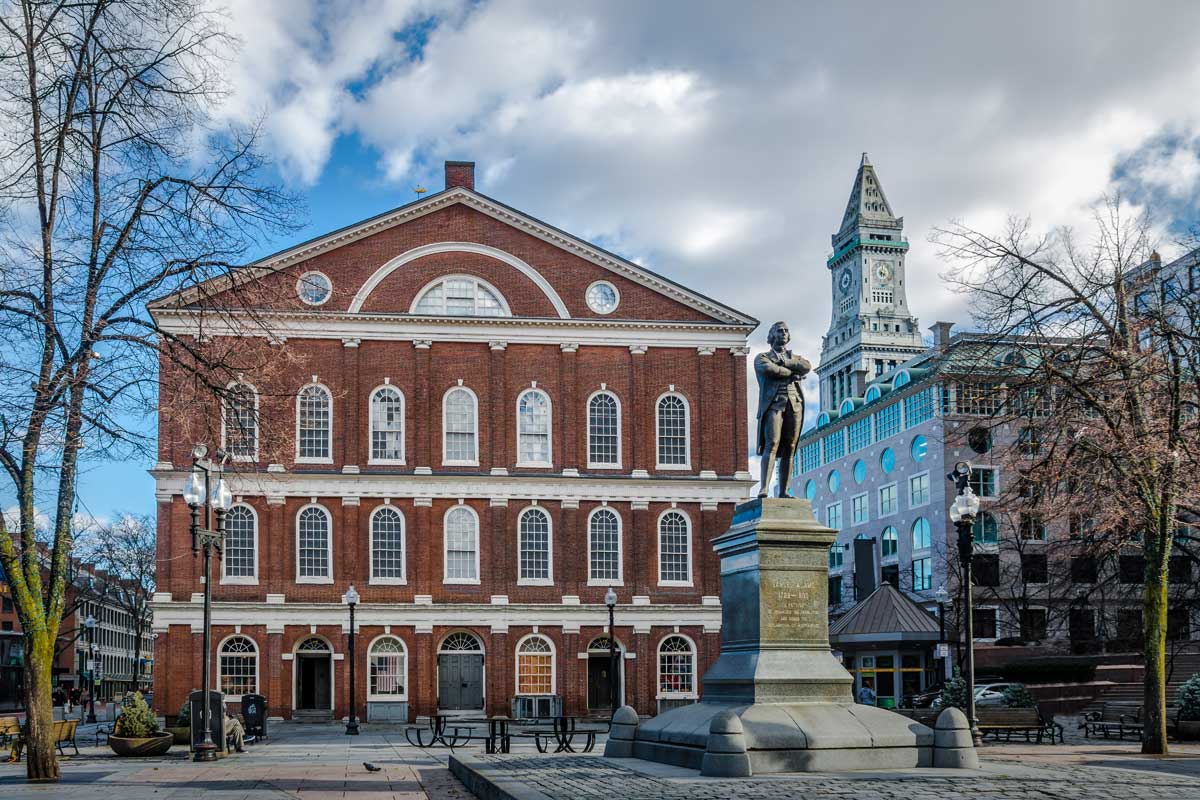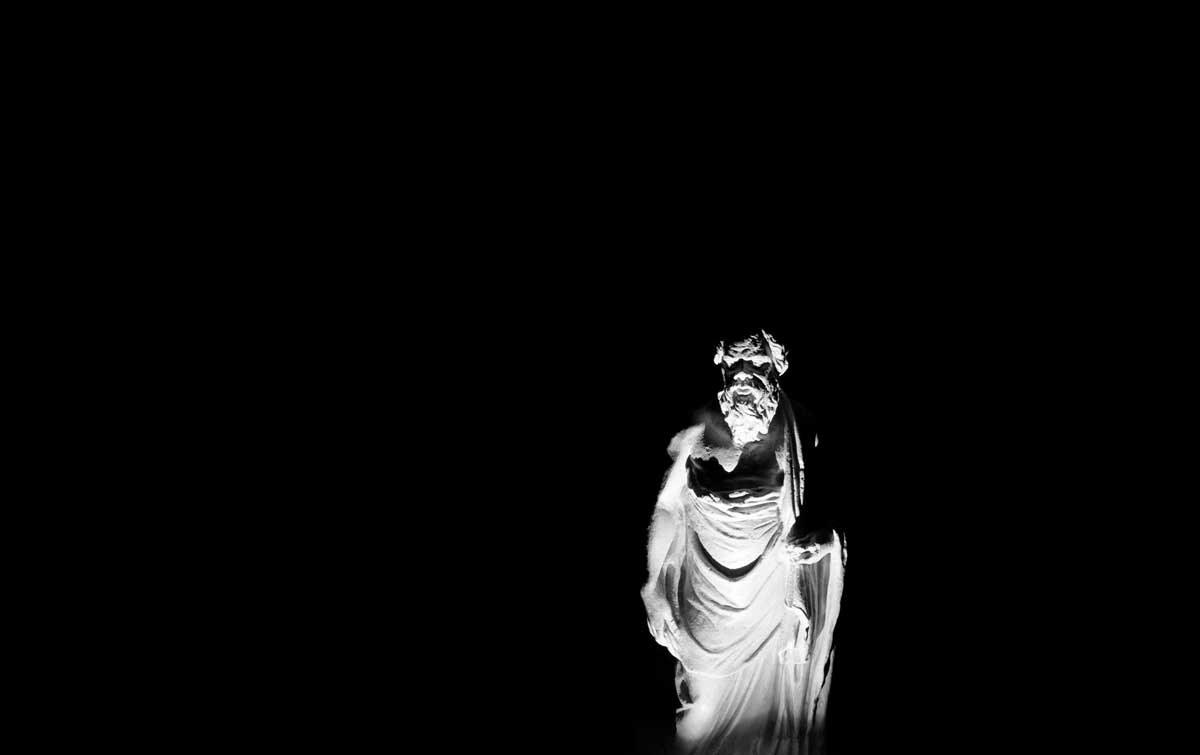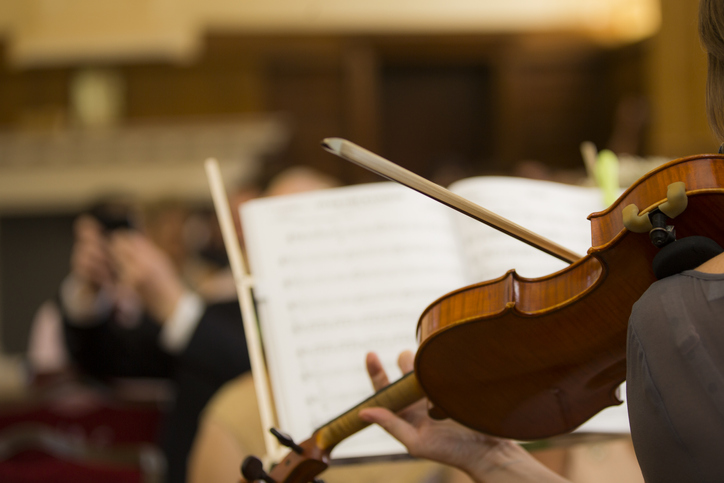Defining Marriage Down
Adam G. Mersereau on the Strategy of “Gay” Activists for “Gay Marriage”
President Bush and many in Congress have stated their opposition to gay marriage, but supporters of gay marriage have reasons to be optimistic nevertheless. For one, most supporters of traditional marriage are giving them a free pass on the most critical aspects of the debate. Gay activists are doing a good job of framing the issue in terms of “discrimination.” They make a convincing case that gay couples are the longsuffering victims of religious bigotry, and that they want nothing more than to be set free from the moral shackles placed on them by others.
To be a good American, they argue, one must set aside one’s personal beliefs about gay marriage. Soon, we will hear politicians saying, “Personally, I believe gay marriage is wrong, but I do not believe the laws of the land should deny gays the right to be married.” (Sound familiar?)
The homosexual lobby claims to loathe moralizing, but underneath their talk about discrimination and intolerance is a profound and sweeping moral judgment: that there is nothing supernatural—nothing transcendent—about heterosexual marriage or sex, and so human government has the authority to redefine them at its whim. Essentially, their claim is that it is immoral for the government to refuse to recognize gay marriage. If the debate is to be properly joined, supporters of traditional marriage must insist that the gay activists defend the morality (or immorality) of their beliefs.
The Debate Behind the Debate
If the advocates of gay marriage are to make a valid case of discrimination, they have some further explaining to do. Discrimination is not inherently unjust. It is unjust only when we give unequal treatment to people or things that are essentially the same. So when someone cries “discrimination” because the law does not recognize gay marriage, what he is really saying is that homosexual sex and marriage are essentially the same as heterosexual sex and marriage. Before the law is changed to allow gay marriage, the gay activists (and the judges who seek to empower them) should be required to explain this essential similarity.
Some gay activists try to meet that burden by claiming that marriage is, at its core, the legal recognition of a committed, loving relationship between adults. But that is incorrect. Marriage is not, and has never been, the mere recognition of committed and loving relationships between adults. Lots of adults love one another and are committed to one another (a grandmother and her adult grandchild, or war buddies, or close sisters, and the like), but these commitments have never been considered marriage. No one would argue that these relationships are essentially the same as a heterosexual marital relationship. So it remains an open question why two homosexuals should qualify for marriage merely because they claim to love one another dearly.
Gay activists might also argue that marriage is the formal recognition of a monogamous sexual relationship, and since the Supreme Court recently removed all legal barriers to homosexual sex, the government should likewise bestow formal recognition on monogamous sexual relationships between homosexuals. But let us not forget that two homosexual people are anatomically incapable of having sex with one another. The mutual stimulation engaged in by homosexuals is very different from sex, for which heterosexual couples are uniquely equipped.
Given these differences, the burden lies squarely on the homosexual activists to press the case further. To do so, they must delve into religion and morality. If they want government to redefine sex and marriage, they must be required to explain the very origins of sex and marriage and prove that human government has the authority to redefine them. Therefore, they will have to argue, first, that heterosexual marriage is either merely a man-made, social construct or else the result of blind social evolution, and second, that the sexual organs of males and females were not designed to fit together for any special purpose beyond mere biological reproduction.
Looking at the debate in this light, it becomes clear that gay activists are engaged in that which they purport to hate. They are trying to force their worldview (be it religious or irreligious) onto their fellow Americans. Don’t get me wrong. This is their prerogative. It is the very purpose of legislatures to debate the rightness or wrongness (read “the morality”) of the law, and it is the very purpose of elections to try to force one’s beliefs onto others by electing one’s preferred candidate over the preferred candidate of one’s neighbor.
Supporters of traditional marriage should not fear the struggle over the morality or immorality of gay marriage. Rather, they should fear that our lawmakers—or worse yet, our courts—might make a decision without addressing the real issues: Are we certain that there is nothing supernatural about heterosexual sex and marriage? And are we certain that human government should claim the authority to redefine them?
The strongest defenders of traditional marriage defend it because they believe it was instituted by God. They believe that government merely recognizes marriage, and cannot redefine something it did not create. The strategy of the gay activists is to remove marriage from this vaunted status and bring it down to earth, where mankind can tinker with it. Their claim is that government—not God—has the sole authority to define sex and marriage. With the wind of some bizarre Supreme Court rulings at their backs (holding that the law may reflect irreligion but not religion), the gay activists have reason for optimism.
High Stakes
The supporters of traditional marriage should not underestimate what is at stake. Whether the gay activists know it or not, they are poised to destroy not just discrimination against homosexuals, but marriage itself. Outwardly, the advocates of gay marriage claim to admire marriage. But to claim the authority to redefine marriage, they must first claim that marriage is a flawed, man-made institution that needs to be reworked, or worse yet, that it is merely a result of the unguided evolutionary process. Do not miss what is happening here. In order to gain the right of gay marriage, its advocates must first strip it of all transcendence, destroying the very thing that makes marriage lovely.
Gay activists claim to believe marriage is so meaningful that it should be extended to gays, but their case rests on the belief that marriage is so meaningless that it can be claimed by anyone who wants it. They say they want to broaden marriage to extend its joys to more people, but if marriage is expanded to encompass all committed, affectionate relationships, it will lose all of its meaning, and will vanish from the earth.
Adam G. Mersereau is an attorney and writer in Atlanta, Georgia.
subscription options
Order
Print/Online Subscription

Get six issues (one year) of Touchstone PLUS full online access including pdf downloads for only $39.95. That's only $3.34 per month!
Order
Online Only
Subscription

Get a one-year full-access subscription to the Touchstone online archives for only $19.95. That's only $1.66 per month!
bulk subscriptions
Order Touchstone subscriptions in bulk and save $10 per sub! Each subscription includes 6 issues of Touchstone plus full online access to touchstonemag.com—including archives, videos, and pdf downloads of recent issues for only $29.95 each! Great for churches or study groups.
Transactions will be processed on a secure server.
more on marriage from the online archives
more from the online archives
calling all readers
Please Donate
"There are magazines worth reading but few worth saving . . . Touchstone is just such a magazine."
—Alice von Hildebrand
"Here we do not concede one square millimeter of territory to falsehood, folly, contemporary sentimentality, or fashion. We speak the truth, and let God be our judge. . . . Touchstone is the one committedly Christian conservative journal."
—Anthony Esolen, Touchstone senior editor





